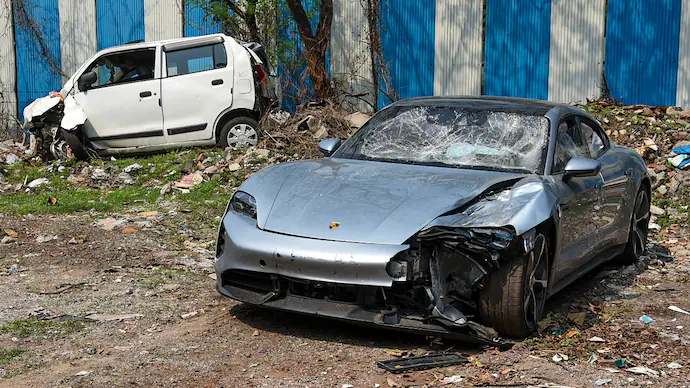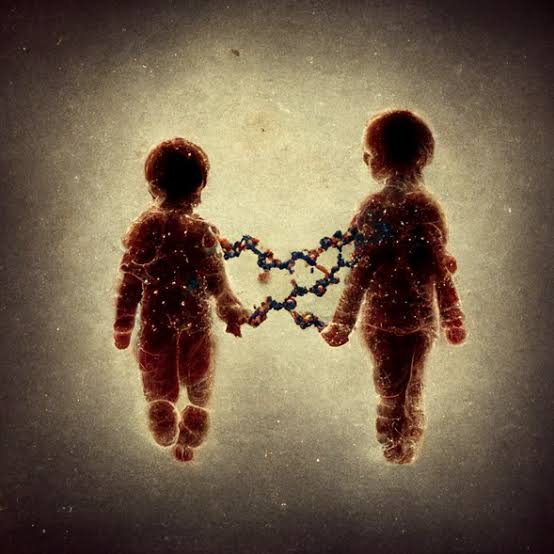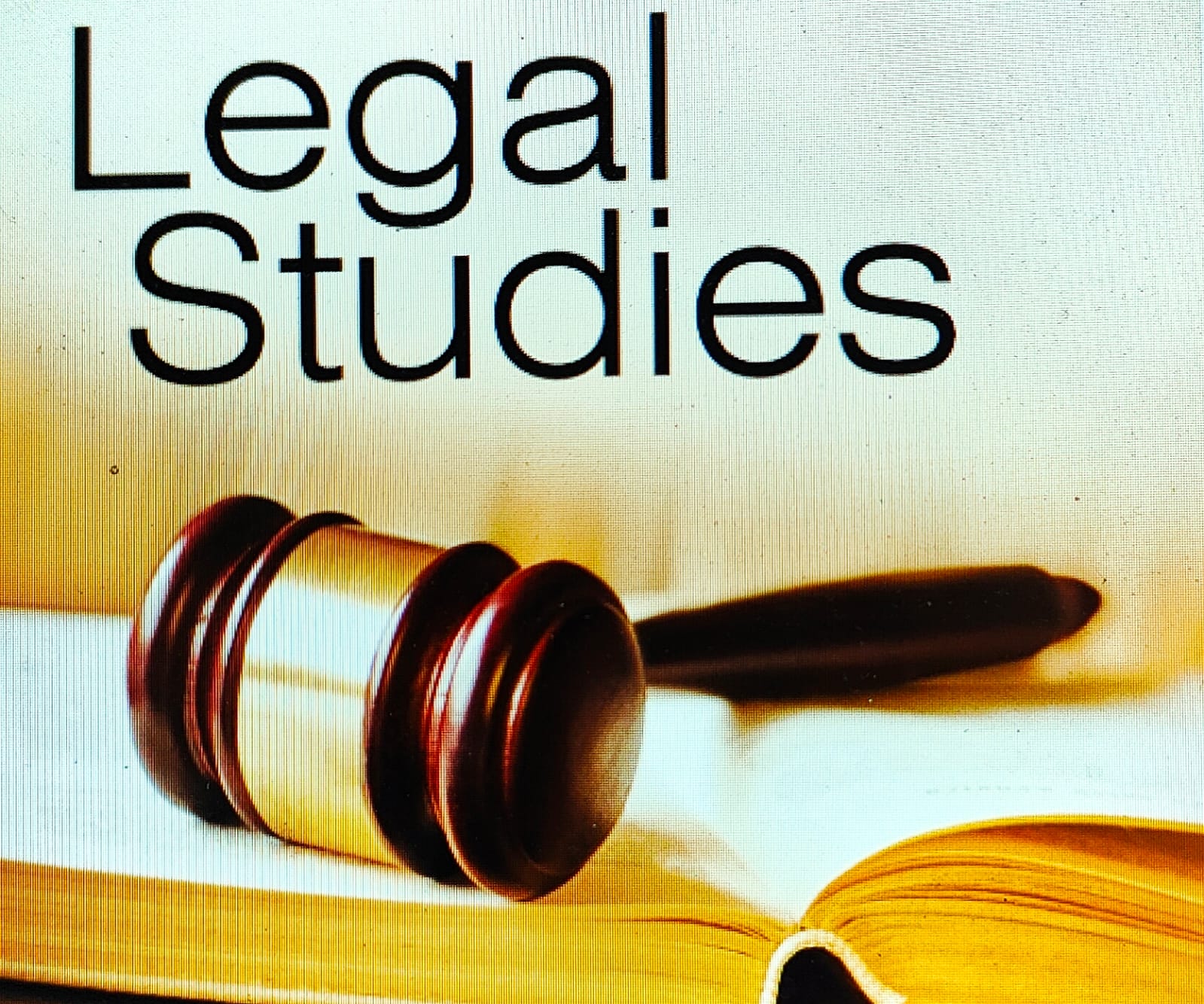Authored By: Saloni Gemawat
In this blog we will be discovering the aftermath of the infamous Pune car crash. When money talks, justice walks is the most appropriate introductory statement to this discussion. This case has somewhat been mirroring the corrupt movies and TV shows we have all seen and thought of as morally impossible to happen in a country with all the freedom of press, speech, social media etc, that a person could ask for. This bizarre case has in fact proven our movie writers right in assuming that we do live in a country so corrupt that it is astonishing to note how many people have been triggered by the way the case is so far addressed by the Judiciary. This case is a classic example of one of many failures on part of the justice systems in India and has shaken our faith as citizens and future lawyers.
Let us revisit the facts and details of this case. On May 19, 2024, a horrifying car crash took place in Pune, India. Behind the wheels of a Porsche Turbo, a drunk 17 year old called Vedant Agarwal collided with a motorcycle at Kalyani Nagar Junction. The car travelling at 200 km per hour collided into the motorcycle and claimed the life of the driver and passenger of the bike, Anish Awadhiya and Ashwini Koshta, both IT professionals from Madhya Pradesh. Vedant Agarwal happens to be the son of a prominent and influential real estate developer with political connections. This minor boy had been partying before he decided to rash drive on the roads while he was intoxicated due to the consumption of alcohol.
The Pune police arrested the father of the accused on May 21 for allowing his underage son to drive the Porsche while drunk and consuming alcohol and instructing the driver to hand over the keys to the minor. This violates Sections 75 and 77 of the Juvenile Justice Act. People are raising concerns about the leniency of the Juvenile Justice Board as this issue gains national attention.
On May 19, the Juvenile Justice Board granted bail to the charged juvenile, with the condition that they attend the Regional Transport Office, study traffic laws, and appear before the board within 15 days. As part of their bail conditions, the “Child in Conflict with Law” must write a 300-word essay on traffic accidents and potential solutions. To address public criticism regarding the prompt granting of bail, the Juvenile Justice Board sent the 17-year-old to an observation home from May 22 until June 5. Currently, the juvenile is residing in the Nehru Udyog Kendra Observation Home, which was originally established as “Reformatory School Yerwada, Poona” by the British in April 1889. However, as this matter gained attention in India, citizens began questioning the morality of this decision, and outrage over the case spread on social media. As a result, the Juvenile Justice Board, also known as the JJB, faced pressure to reconsider their initial ruling.
There have been constant and new revelations in this case that have been spreading like wildfire thanks to the social media platforms. The juvenile driver of the Porsche that claimed two lives has been charged under Section 185 of the Pune Police Code (driving under the influence of alcohol). He was previously the subject of a Section 304 prosecution for culpable murder. His father and Grandfather have also been arrested. His blood samples were also swapped with his mother’s to show no alcohol in this blood. But this too was exposed leading the accused doctors and his mother in jail.
The family driver was also abducted by the family of accused, and coerced to take the blame for the accident, despite of phone call records proving that driver was sitting next to the minor while the minor was driving. These shocking revelations have left the people of this country angry at the courts. Now the people may just forget about it till a docudrama on the same issue is made in poor taste portraying the rich kid as the victim somehow.
Amidst of all activism, orders and public outrage the law community is busy figuring out if this feud is a chapter ending to another landmark judgement, not because of the poor decisions and unjust orders but because of the publicity it has gained and the social upheaval, reels and shares.
Among the impending questions of law, the dubiety if the teen should be tried as an adult is most prominent. Historically there have been a lot of cases where the minors have been tried as adults but most of these scenarios are addressing judgements with much serious charges, such as that of murder.
The 17-year-old is presently being tried by the Juvenile Justice Board (JJB) rather than a regular criminal court since he is regarded as a “child” under the JJ Act. According to the statute, the JJB is a special judicial body made up of two social workers and a main magistrate who decide on the case against the kid. When someone commits “heinous offences,” such as the Nirbhaya case in 2012, they may be prosecuted as an adult in a special children’s court rather than as a minor. However, depending on the JJB’s evaluation, a kid over 16 may be prosecuted as an “adult” in cases of serious offences. Indian Penal Code lays down a specific category of offences, based on the gravity of punishment. In accordance with the statute the offences that are punishable for 7 years or a longer period than 7 years are ‘Heinous’. In this case the charge of Culpable Homicide is framed. As per Pune Police the charge of Section 304 is fit to the case and thus comes under the umbrella of heinous offence.
Such an offence is prescribed to up to 10 years of imprisonment along with fine, both of which are subject to court’s discretion. Pune Police have requested to have the juvenile tried as an adult before the JJB since the child may be considered to have committed a heinous act given the punishment, which exceeds seven years.
An additional charge of culpable homicide is filed against the accused, this addition by the speculators in the minor’s trial facilitates the position of the accused for being tried as an adult. Mere presence of ‘Mental Capacity’ to commit an offence is not any indication that he should be tried as an adult but there must be grounds and strong arguments that allow a minor to be tried as an adult. Mental capacity is not the only factor that helps the court make its decision. To decide whether the kid needs to be tried as an adult, the JJB must first evaluate the circumstances that led to the offence , the child’s mental and physical development, and their comprehension of the consequences. The JJB may even enlist the assistance of child psychologists or other professionals to carry out such an evaluation. For example, the JJB determined that the minor accused in the 2017 murder case at Ryan International School should face an adult trial based on the results of his psychological evaluation. As per the Supreme Court one must look at the physical maturity of the kid and their social/emotional competence to judge if one should be prosecuted as an adult.
While we notice the negative side of this case, we must also consider how the police are trying to get to the truth of what actually happened and are trying their best to get the accused convicted correctly.
Being a pupil of law, looking at this case with clear spectacles of adjudicatory principles and legal rationale my judgement is purely in allegiance with facts and actual circumstances of the case. Till date Vendant Agarwal is not convicted specific offence under the statutory law, there has been no judgement in this case and he is just alleged to have committed an offence. The terms “accused” and “allegedly” play a crucial role in shaping the legal storyline of a case. They help differentiate between the objective outcome of an event and the subjective charges against an individual. This differentiation is extremely important to ensure that due process is followed and to uphold the principle of innocence until proven guilty. We look at this case with no bias and only facts and facts do tell us that he has a right to bail. Facts do tell that he is a minor and can be tried as a minor. To try him as a minor or as an adult is up to the interpretation of the court although the outrage of the nation earlier was a prominent instance of impact of people’s voice on the order of the court and that all citizens have the right to voice and to be heard in the hopes of bringing about change and considering public opinion to a feasible extent.
In the current canvas, hues of debate, bold demarcations of public opinion and an overall projection of hope and faith in the judiciary are visible, nevertheless there still exists a fear of unlikely strokes in eyes of people.
I am sure there are a million questions that people have for example,
1. Did Vedant Agarwal get bail because of his rights or because of the power and influence his family holds?
2. If this order had not been publicly disapproved, would the Juvenile Justice Board still rethink their decision?
3. How many more minors are roaming about freely after destroying lives and getting out of taking responsibility because they are ‘not of age’?
4. How will the victims of such cases ever get justice?
This is what the newspapers articles, blogs and research papers are for.But the unaddressed conundrum is that – What happens if the police are not able to make the charge of culpable homicide stick?
It is therefore a possibility that the actors find a loophole which proves that Vedant Agarwal did not have the intention or knowledge that such an act may cause death. If these charges cannot be proved then the section 304AA of IPC will apply to this case which is Causing Death by Negligence which is punishable for up to 2 years of imprisonment or fine or both, coupled with a few charges, underage drinking and driving without a licence. But none of these new charges will add up to the minimum required punishment for trying a minor as an adult which is up to 7 years for a heinous crime.
These are mere speculations made by me as I write this blog and there is no way we can predict correctly what may or may not happen in this case. But as citizens of a free country, we do know that such an offence cannot go unheard or unanswered and the responsible parties must be correctly punished however the court deems fit. This case has now grabbed the attention of millions of Indians who are hoping that the courts work hastier but appropriately at providing justice to the 2 innocent lives lost.
This case will set a precedent that law students will be referring to for years. After the Mathura rape case decision, which really disappointed a lot of people in the legal field, there’s now a renewed focus on progressive law and a stronger public awareness thanks to social media. I would like to conclude by saying that in this case, all we know right now is that Vedant Agarwal is accused of allegedly committing an offence. And that is all we know for now. The rest is to be uncovered by the courts in time.
Saloni Gemawat is a persevering and diligent law student at Narsee Monjee Institute Of Management Studies, Navi Mumbai. She finished her primary and secondary education in Delhi Public School Hyderabad. Her fields of interest are cyber and criminal legal landscape.
Edited By: Kavya Nayak
Image Source: India Today.in






